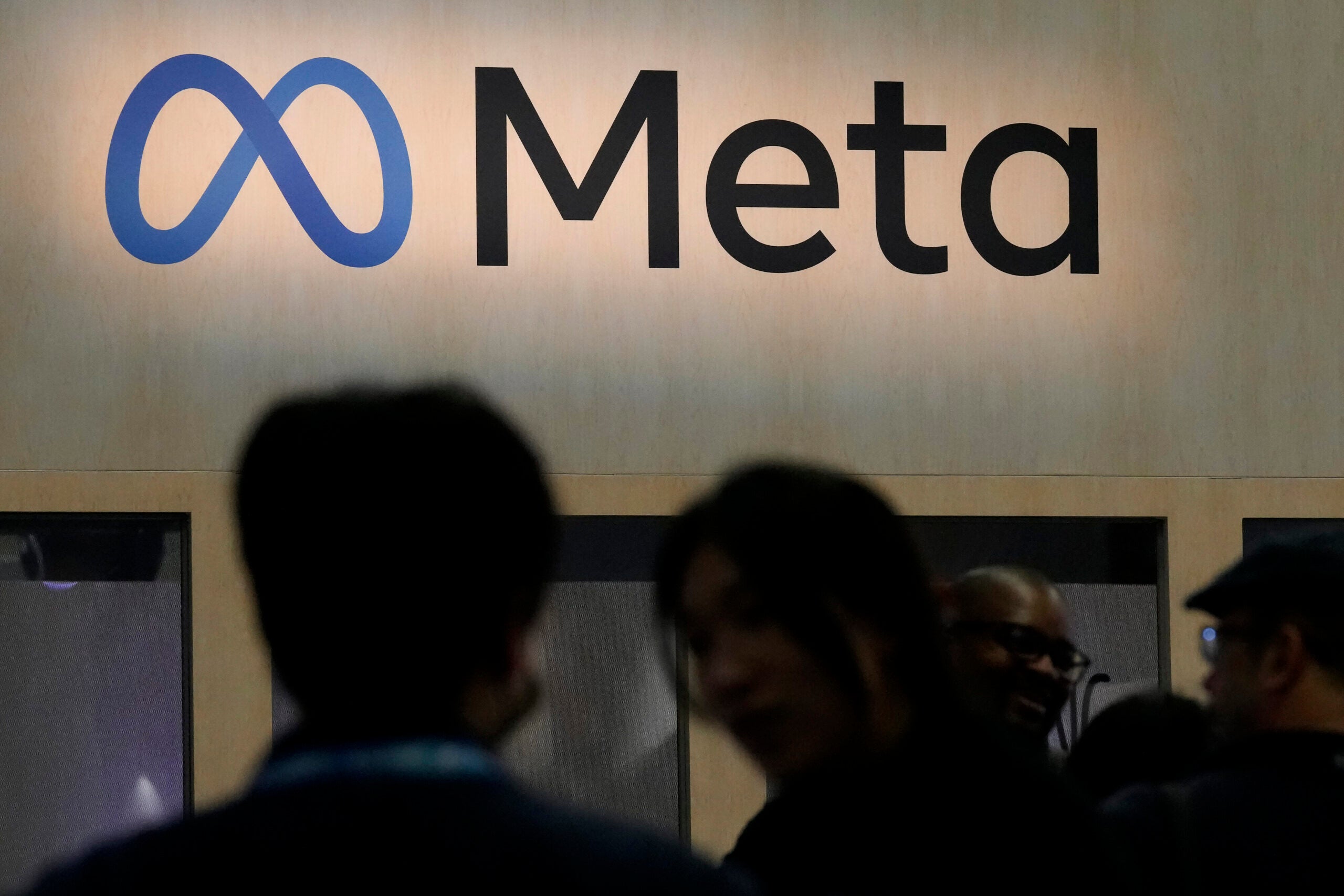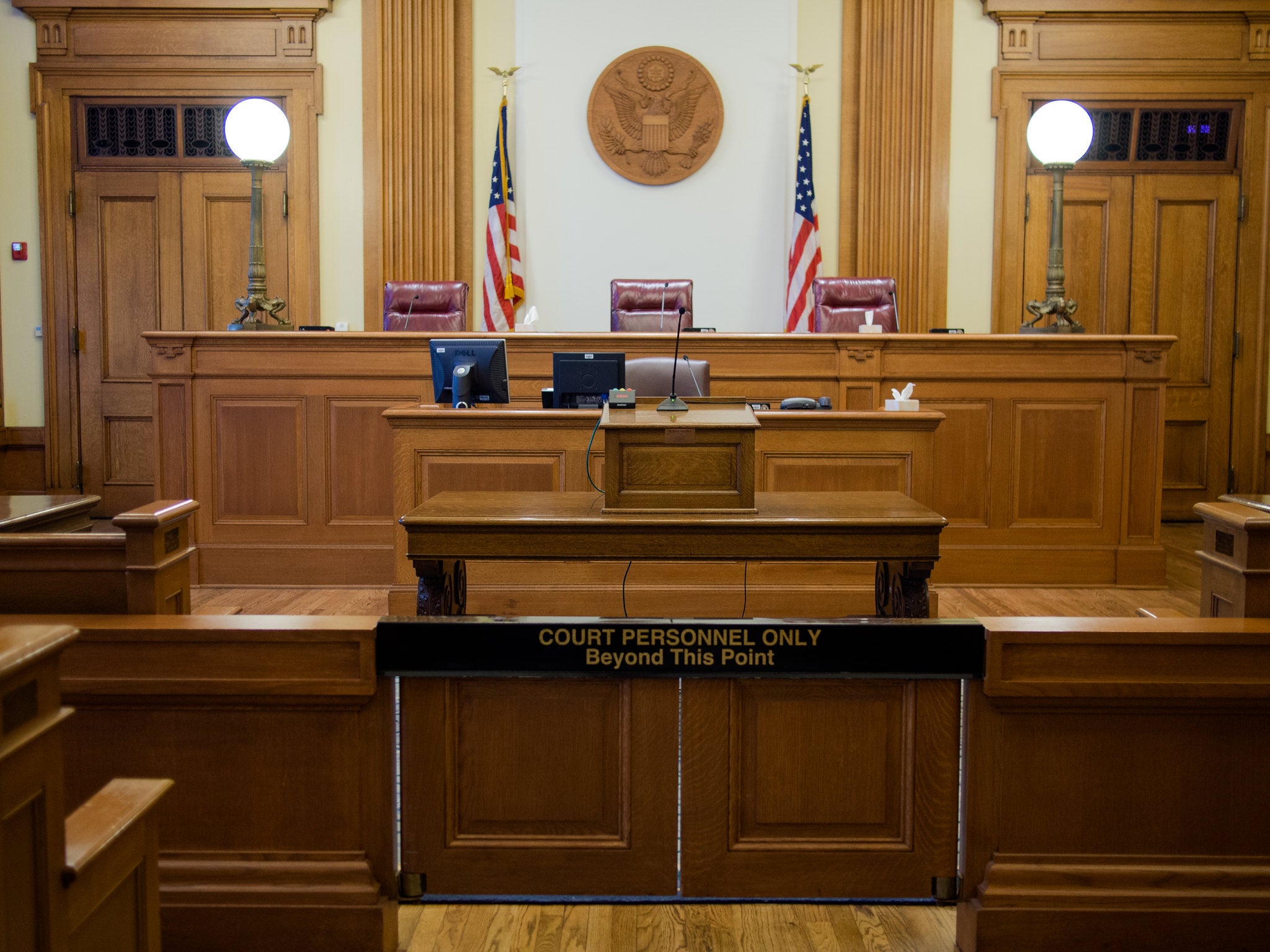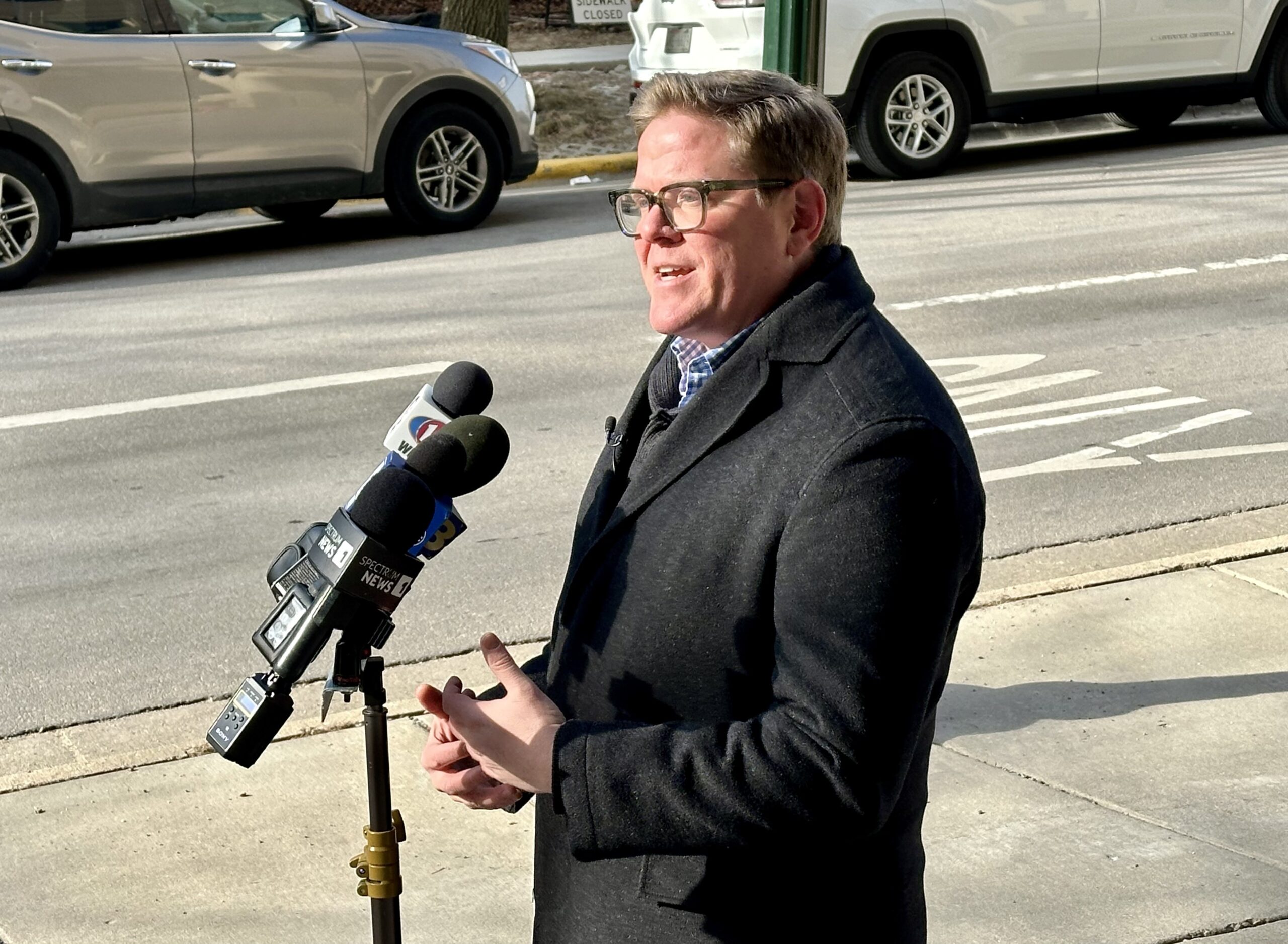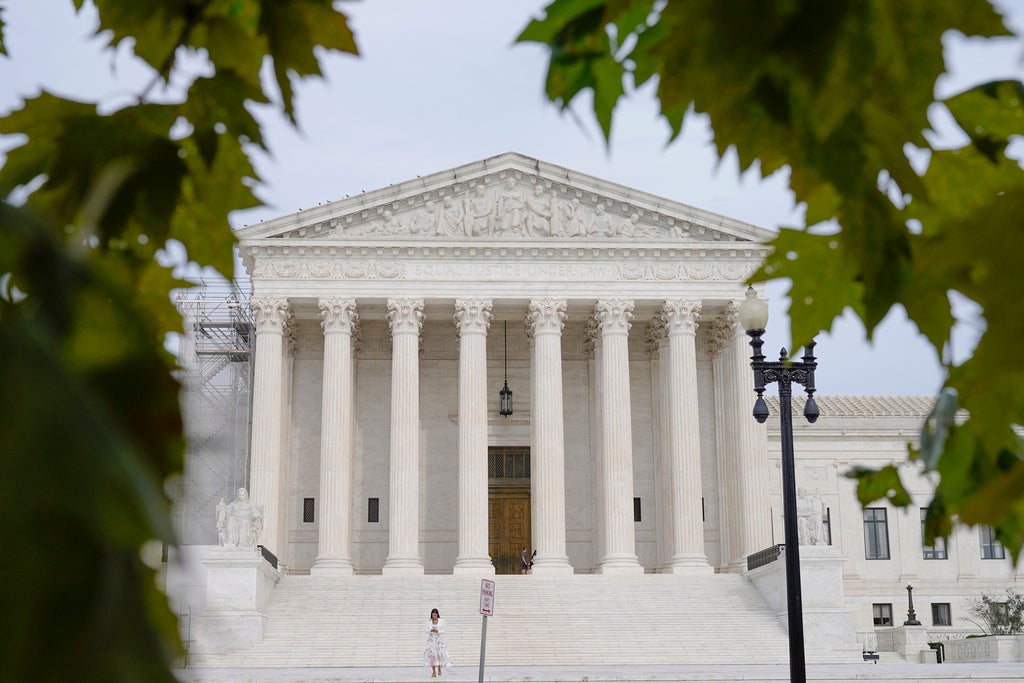A recent multistate lawsuit against the social media giant Meta offers a glimpse at how tech regulation can unite Republicans and Democrats — nationwide, and in states with divided government like Wisconsin.
Wisconsin Attorney General Josh Kaul signed onto the suit, which alleges that the parent company to Facebook and Instagram has caused a mental health crisis in young people. The move received a show of support from some Republican state legislators who rarely see eye-to-eye with the Democratic attorney general.
“I’m incredibly thankful that Attorney General Kaul was willing to join over three dozen other states in this lawsuit,” Rep. David Steffen, R-Green Bay, told Wisconsin Public Radio. “I have already reached out to his office and communicated that I am standing by and standing tall with him on this issue.”
Stay informed on the latest news
Sign up for WPR’s email newsletter.
Wisconsin was one of 33 states that signed onto the federal lawsuit, which was filed in U.S. District Court for the Northern District of California Tuesday. Eleven other states and the District of Columbia filed their own lawsuits in state or federal courts.
That list includes red states like Arkansas and Mississippi, blue states like New York and Rhode Island and purple states like Wisconsin and North Carolina. All allege that Meta knowingly created an addictive product that contributes to anxiety and depression among young people.
Tech regulation is a rare issue that can unite the parties, particularly when it comes to questions of protecting children, said John Wihbey, who studies communications and tech policy at Northeastern University in Boston.
“Clearly, the reason for the bipartisanship is that collectively, society believes that the protection of children is of the highest value,” he said. “It’s something that does unite policymakers in a way that is sometimes unbelievable.”
The federal complaint states Meta purposefully designed its platforms to be addictive to children and teens, and does not provide adequate guardrails against features that harm mental health. It further argues Meta knew about its products’ dangerous effects, but sought to mislead people about dangers including addictive qualities.
“We must keep our kids safe—and that includes from dangers online,” Kaul said in a press release announcing the Wisconsin DOJ’s decision to join the lawsuit. “Adequate protections should be in place to protect kids from harms associated with social media, and parents must receive accurate information about potential dangers to their kids.”
A spokesperson for Meta declined WPR’s request for an interview but criticized the lawsuit in a written statement.
“We share the attorneys general’s commitment to providing teens with safe, positive experiences online, and have already introduced over 30 tools to support teens and their families,” read the statement from the company. “We’re disappointed that instead of working productively with companies across the industry to create clear, age-appropriate standards for the many apps teens use, the attorneys general have chosen this path.”
Wihbey said lawmakers from across the aisle, and at both the state and federal levels, have begun taking up the question of how to regulate major social media companies, such as Alphabet, the parent company to Google, and X, formerly known as Twitter.
“The so-called ‘tech-lash’ has become a kind of bipartisan cause,” he said. “In the course of the many congressional hearings where various CEOs have been called to testify and account for harms and abuse on their platforms, we’ve seen lawmakers ferociously attack the companies and their senior leadership.”
Democrats and Republicans sometimes have different motives for going after the companies, he added. But across the board, “there’s a ton at stake, politically, and economically, these are huge companies with a lot of power,” he said.
In Wisconsin, Rep. Steffen has introduced legislation that would establish limits on how and when minors use social media.
“Whenever we have issues that directly affect our kids in such a profound and well-identified fashion as a social media, I think that it’s something that goes beyond party,” he said.
Steffen said a multipronged approach from both the courts and the Legislature is needed.
“It’s been a 20-year experiment on our children that hasn’t gone well,” he said.
Wisconsin Public Radio, © Copyright 2025, Board of Regents of the University of Wisconsin System and Wisconsin Educational Communications Board.





